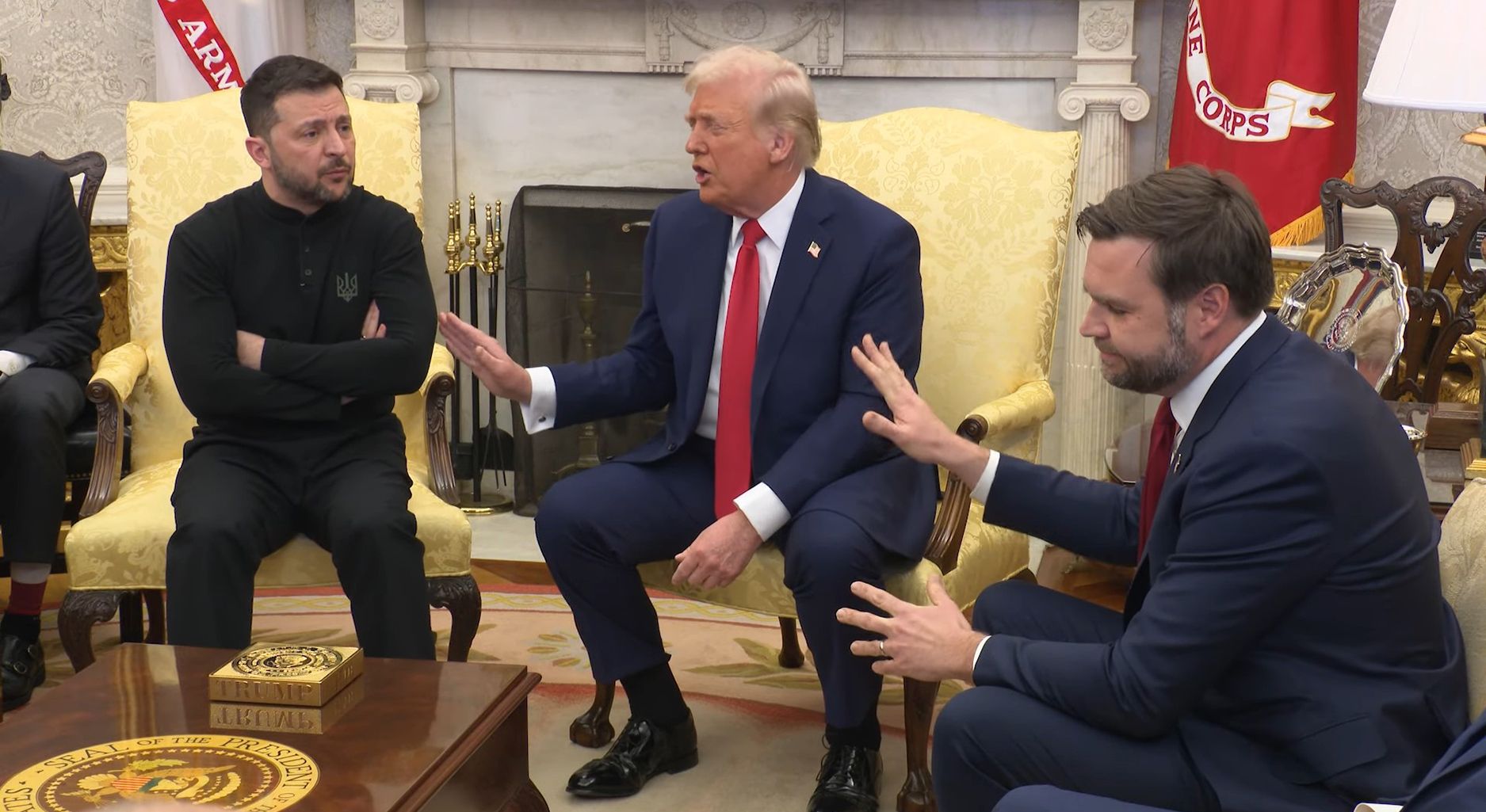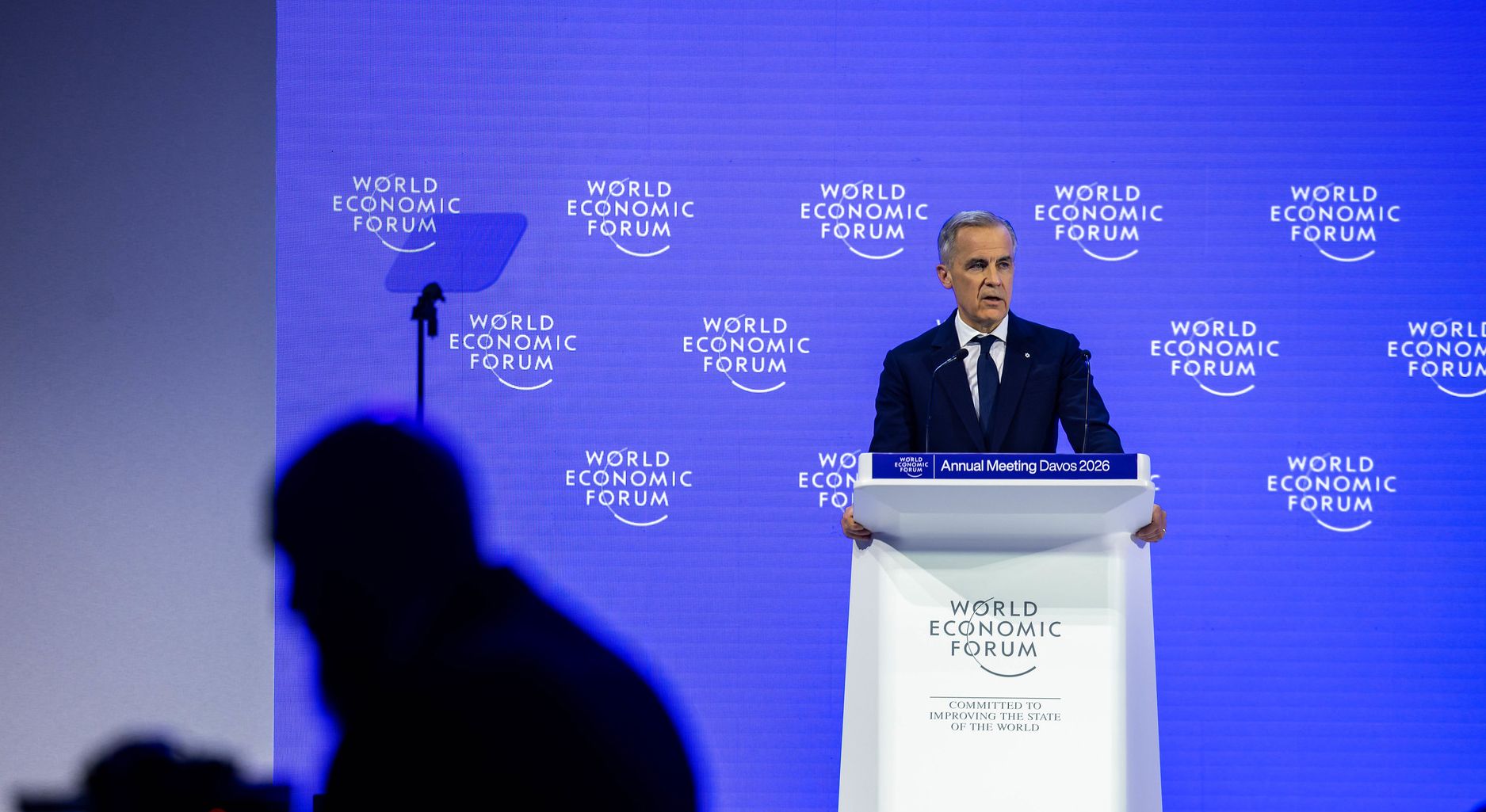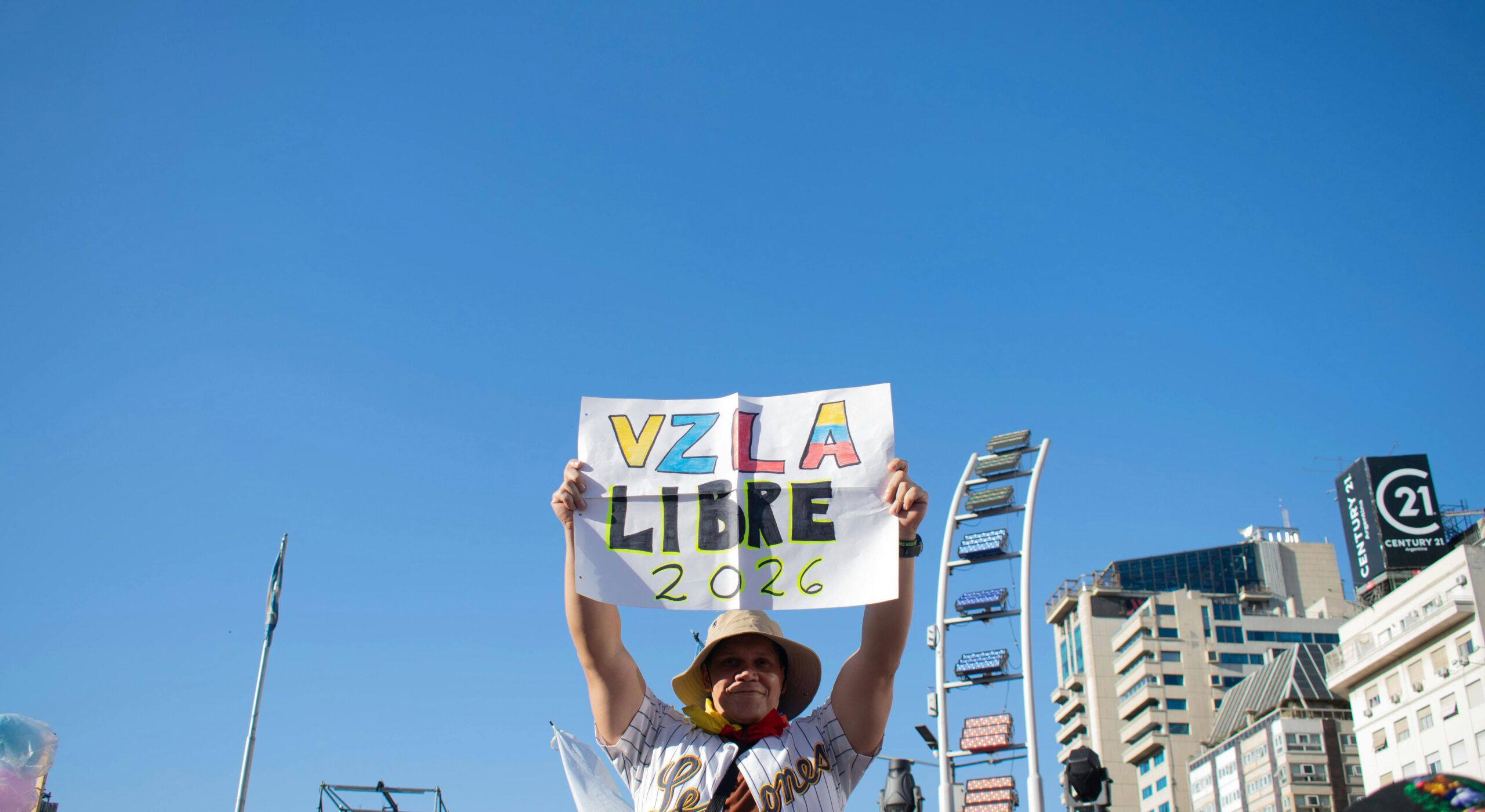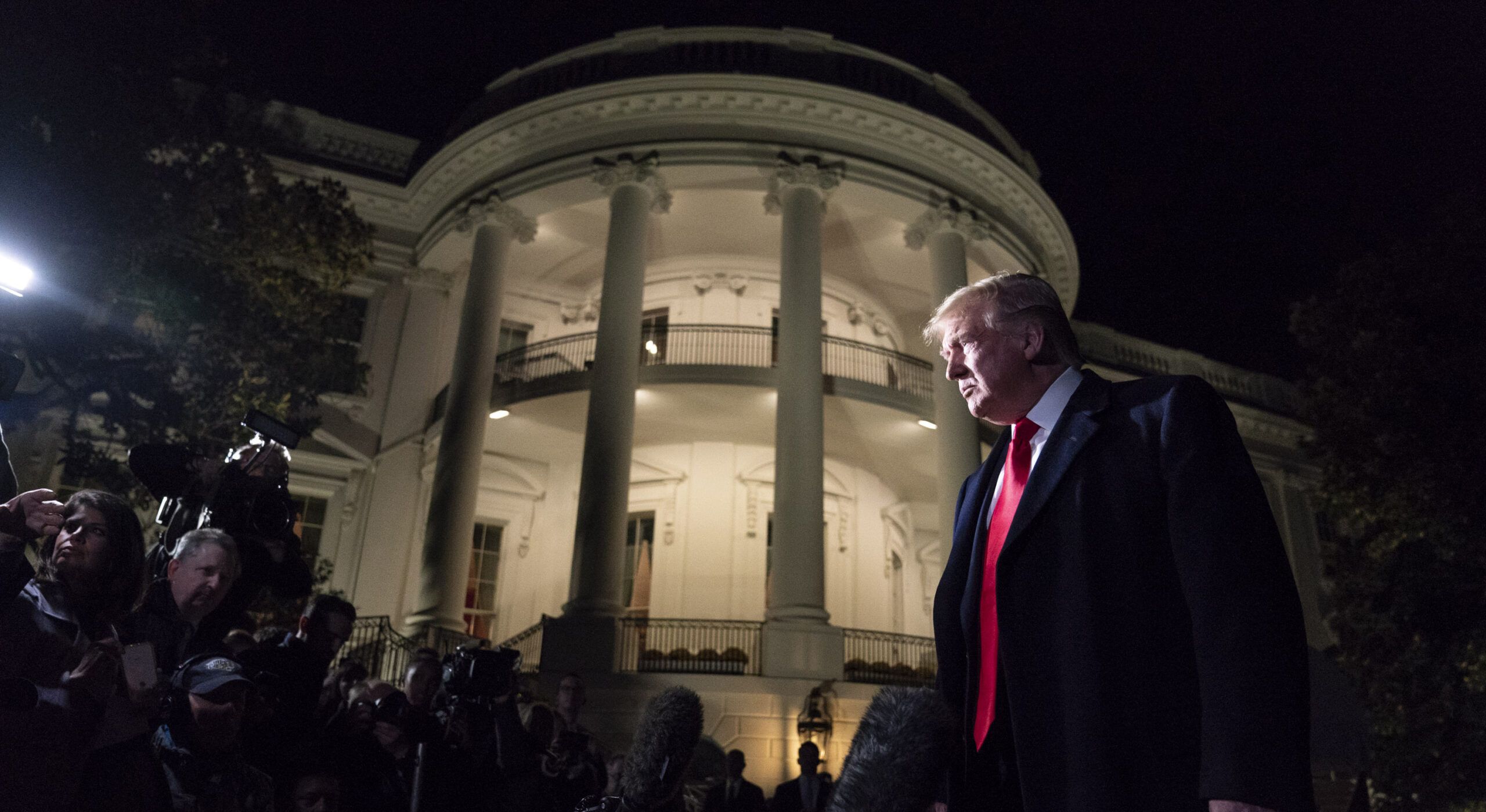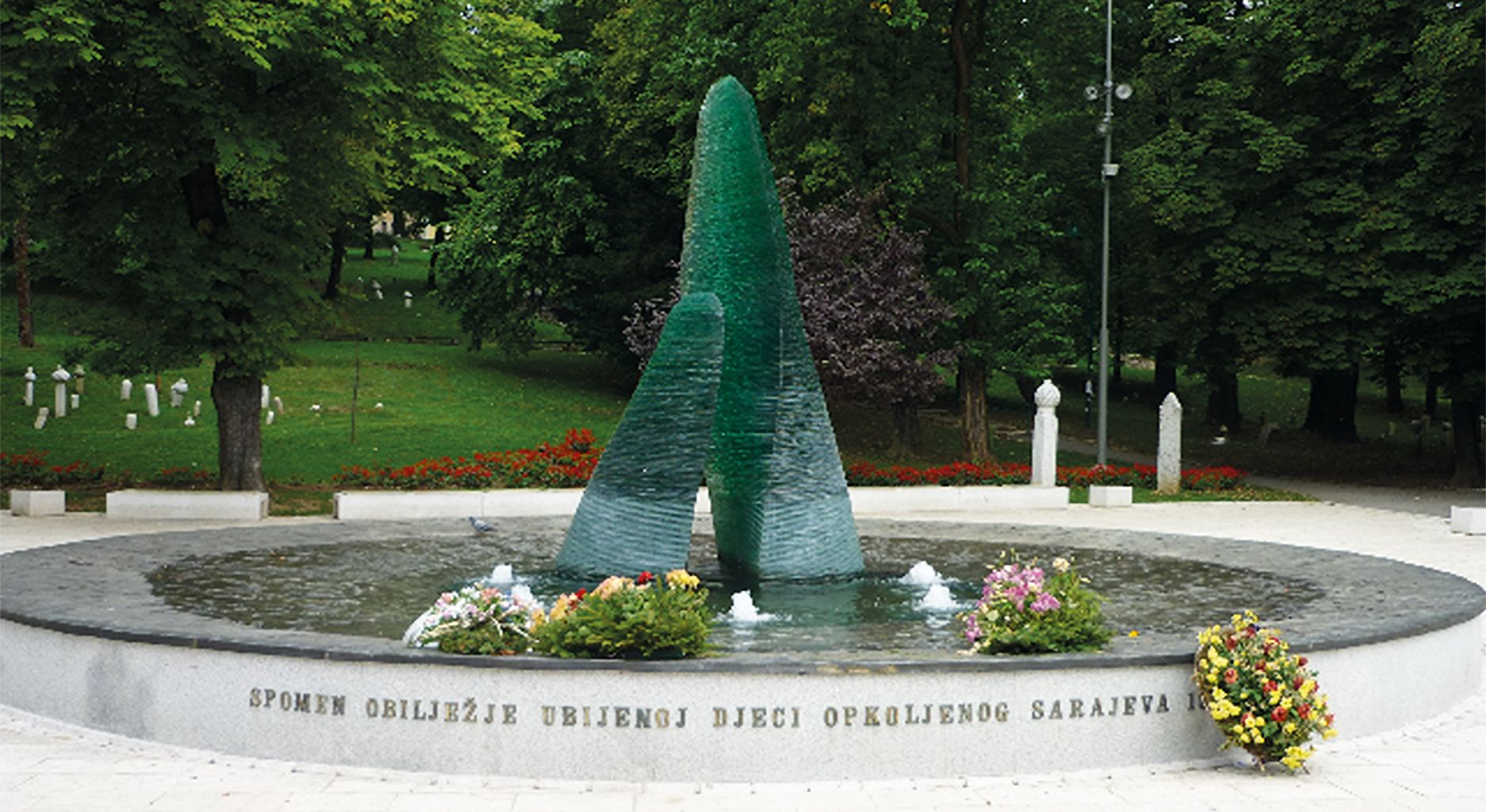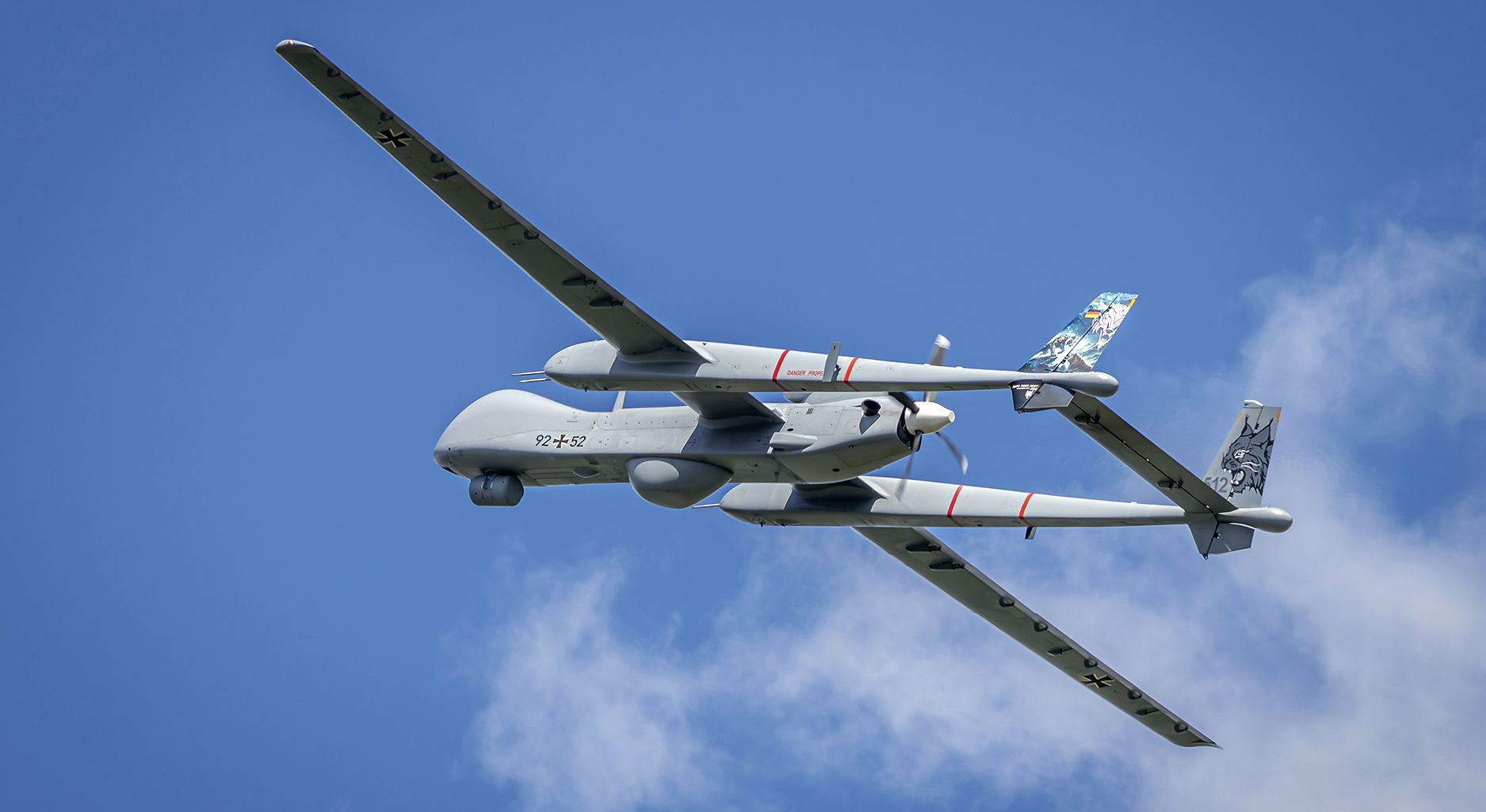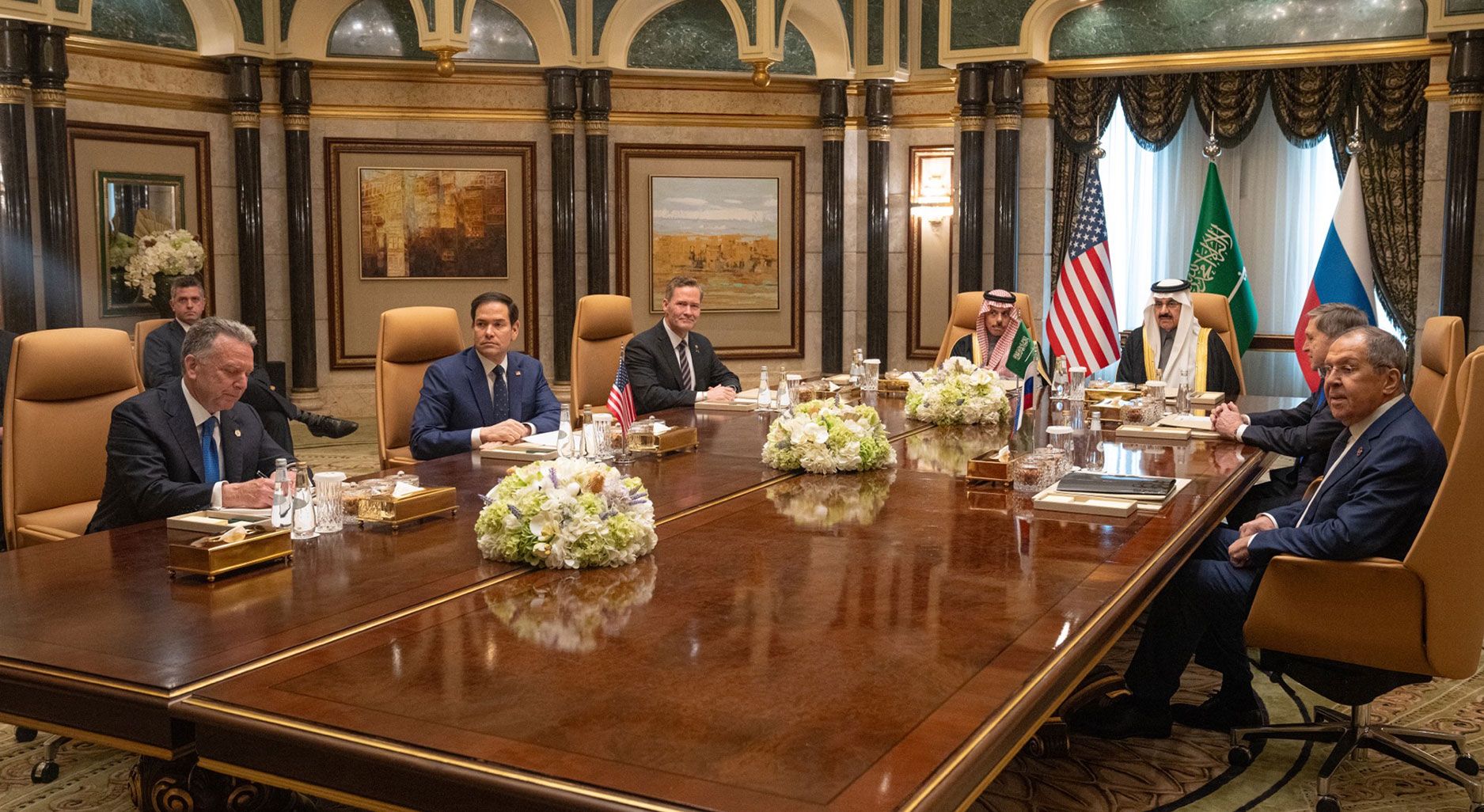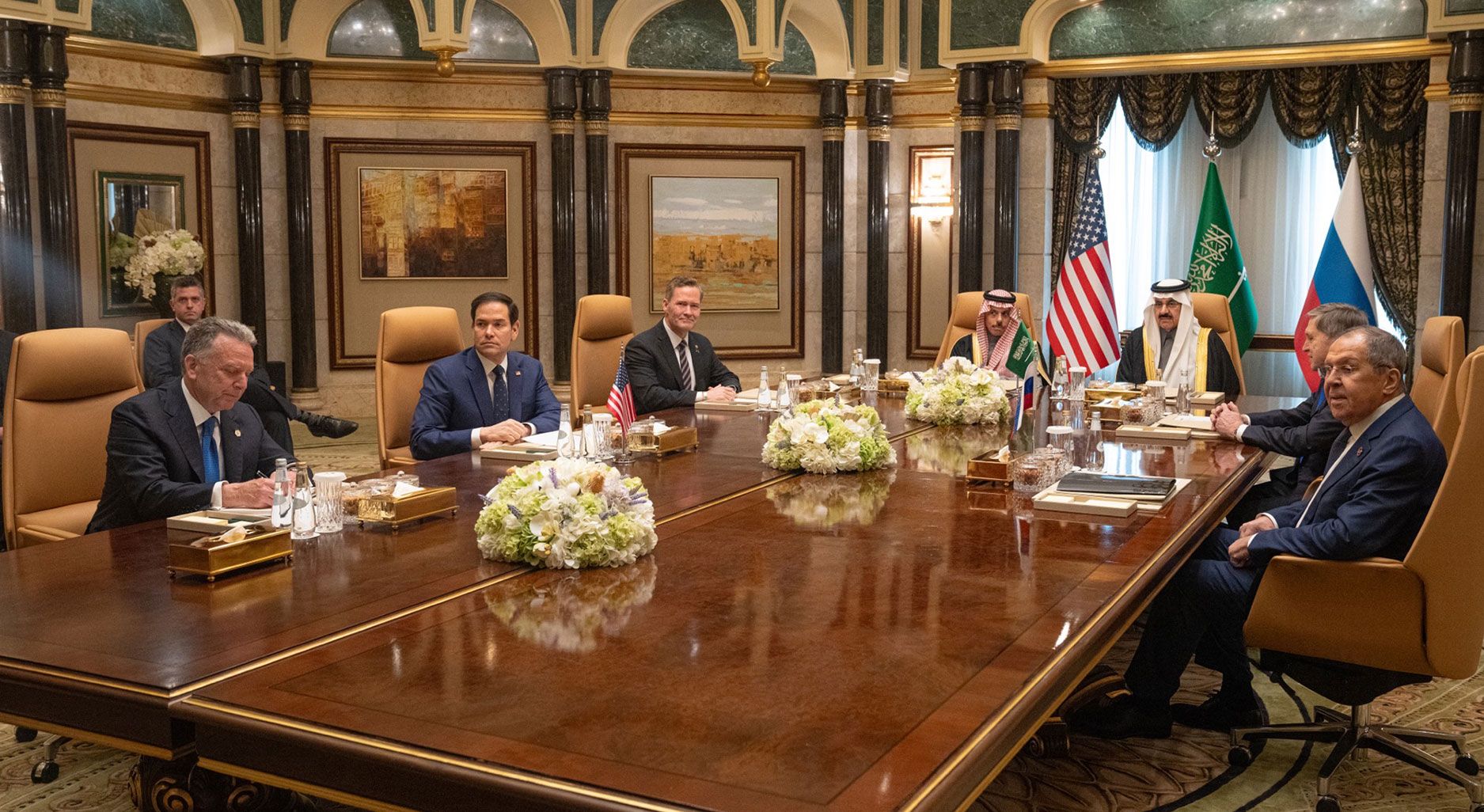Schlagwort: Europa
Vor fast vier Jahren, am 24. Februar 2022, begann die russische Vollinvasion der Ukraine. Über...
(Post-)hegemoniale Koalitionsbildung: Was uns IB- und Verhandlungstheorien über die Zukunft europäischer Sicherheit verraten können
Der russische Angriffskrieg auf die Ukraine und der beschleunigte Fokus der USA auf die eigene...
China’s Response to the EV Dispute: What it Tells us about the China–EU Rivalry
At first glance, Europe’s trade conflict over battery electric vehicles (BEVs) with China may...
Zwischen Feigenblatt und politischer Perspektive: Regime Change in der Kontroverse um die US-Intervention in Venezuela
Das Argument, dass der US-Militärschlag zu einer demokratischen Transition in Venezuela führen...
The New US National Security Strategy: A Blog Analysis and Commentaries
On December 4th the White House published its 2025 National Security Strategy (NSS). The document...
Plan A – Credible Deterrence, Plan B – Defense: A Reflection on the Berlin Security Conference 2025
Discussions at the Berlin Security Conference 2025, one of Europe’s largest annual events on...
30 Jahre nach dem Dayton-Abkommen – Zur Rolle des Friedensschlusses für Bosnien und Herzegowina und andere Konflikte
1995 beendete der in Dayton ausgehandelte Friedensvertrag den Krieg in Bosnien und Herzegowina,...
A Weapon Looking for a Purpose: Should Germany Deploy its New Heron TP Drones to the Baltics?
Influenced by Russia’s invasion of Ukraine and the evolving security landscape, Germany’s...
A Sober Perspective for the Negotiating Table: Europe Must Contribute Diplomatically to Ending the War in Ukraine and Shape the Withdrawal of the US
Despite the deadlocked military situation for Ukraine and the policy shift in the US, Germany and...
Mit nüchternem Blick zum Verhandlungstisch: Europa muss die Beendigung des Ukrainekrieges und den Rückzug der USA diplomatisch mitgestalten
Trotz der längst verfahrenen militärischen Lage für die Ukraine und bekannten Kurswechsels in den...
